Spotlight: Black Trailblazers at Top Gross Revenue Firms
In the spirit of Black History Month, we want to shine a light on attorneys who did not just shatter glass ceilings as they forged their path to the partnership but did so under the bright lights of Big Law. They made their marks at private law firms worth over one billion dollars in growth revenue with little cushion to fail, mainly when their minority status often brought elevated scrutiny. They succeeded against the odds and, along the way, wrote the playbook for the next generation of black attorneys who aspired to the highest echelons of the business of law to follow.
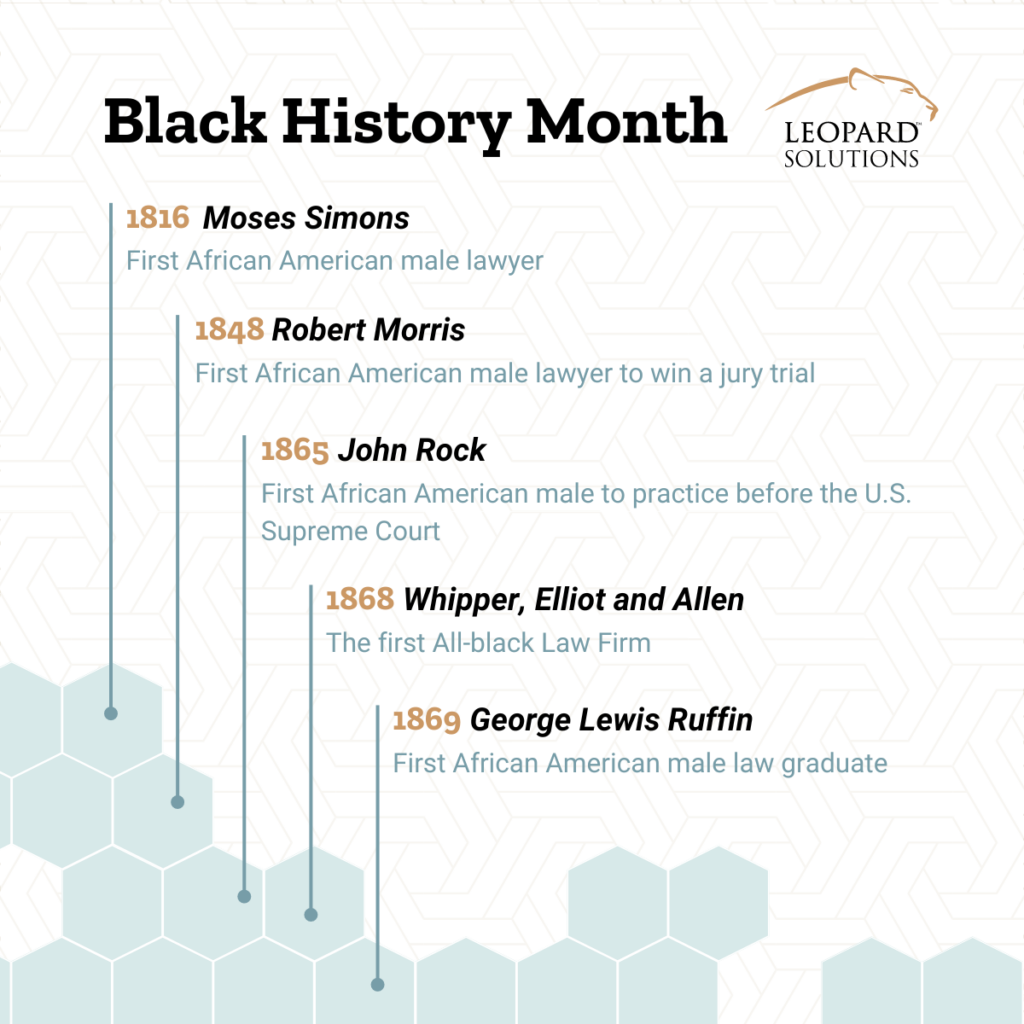
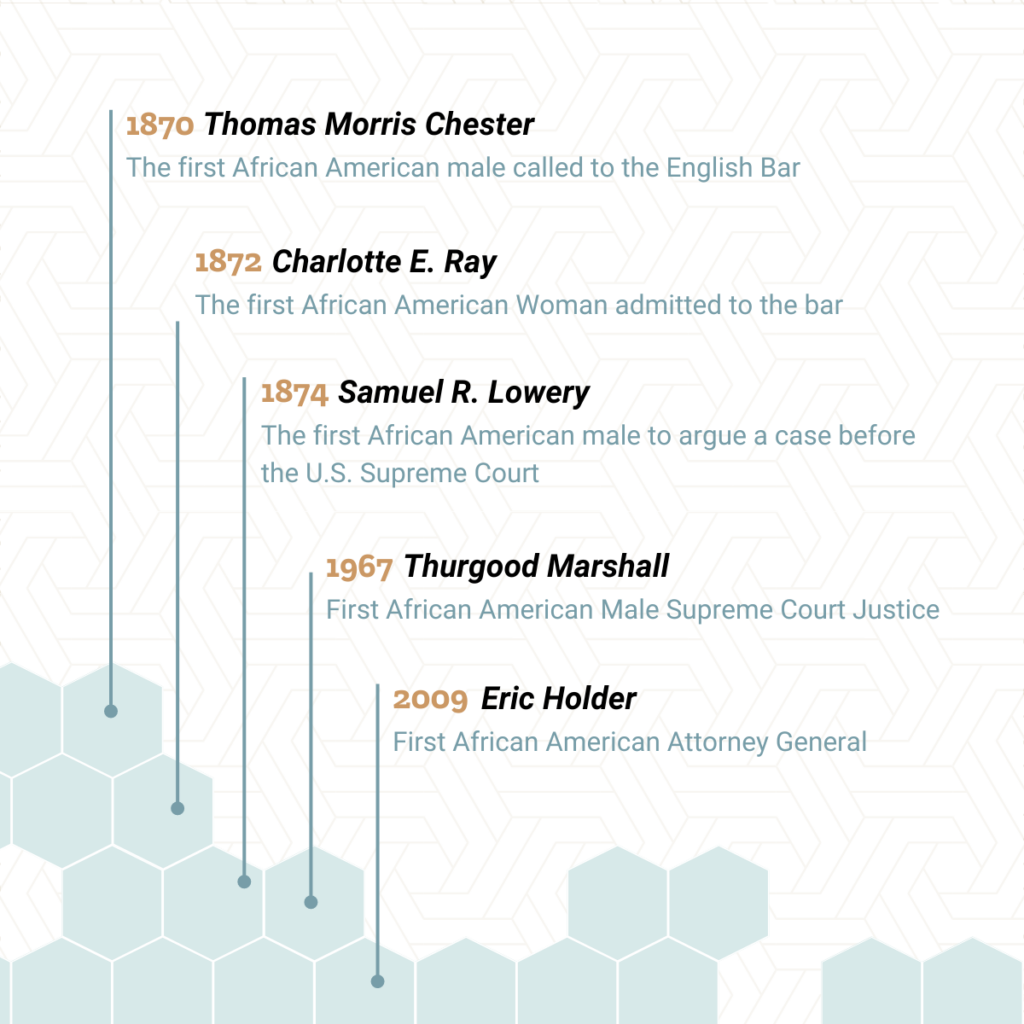
Michael D. Jones
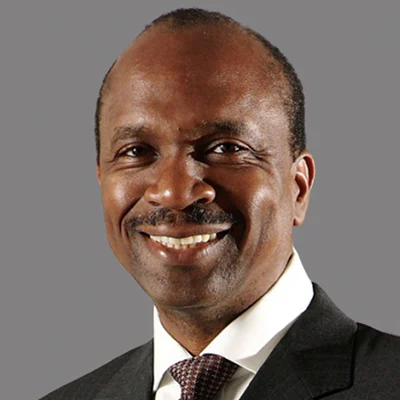
The first black partner at the world’s most affluent law firm, Michael Jones, has championed work on racial justice and equality issues for the past decade. A DC-based litigator and alumnus of Dillard University, Jones has led the charge to combat racial inequalities in the state of Maryland’s higher education funding. His tireless advocacy contributed to a landmark nine-figure settlement for HBCU schools. In addition to dedicating countless pro bono hours to fighting for civil rights and against unjust policing, Jones has argued on behalf of large corporate defendants, including powerful GMOs and the smelting industry.
Born in Louisiana, Mike Jones, by his own account, drew inspiration from his enslaved great-grandfather, Floyd Washington, who bravely fought against the Confederacy, and his hero, Thorogood Marshall. He continues to apply their ideals in his fight for racial justice. They commended him for losing a punitive damages case in 26 years.
Charles E. Lomax
A titan in the legal realm, Mr. Lomax left behind a towering legacy of achievement when he passed away in 2009 at the age of 85. The first African American partner was named at Corporate mega-firm Sidley Austin in Chicago. Specializing in both Tax and Entertainment law, Lomax excelled at both, having risen to the level of regional counsel at the IRS’ Chicago agency before joining Sidley in 1975. In the entertainment sector, he served as general counsel for boxing luminary Don King’s promotional group. He counted former heavyweight champion Muhammed Ali as a client.
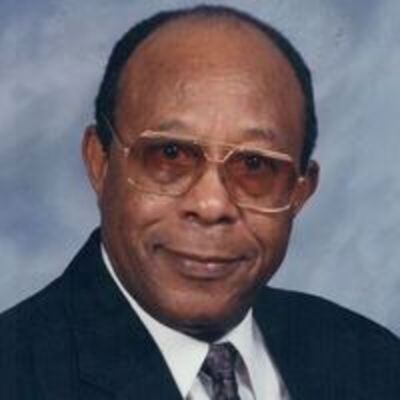
A native North Carolinian, Mr. Lomax would serve as an infantryman in WWII, using the GI Bill to finance his legal degree at Howard. He was one of several Sidley lawyers who helped “the King of Pop,” Michael Jackson, through a high-profile endorsement deal with Pepsi-Cola.
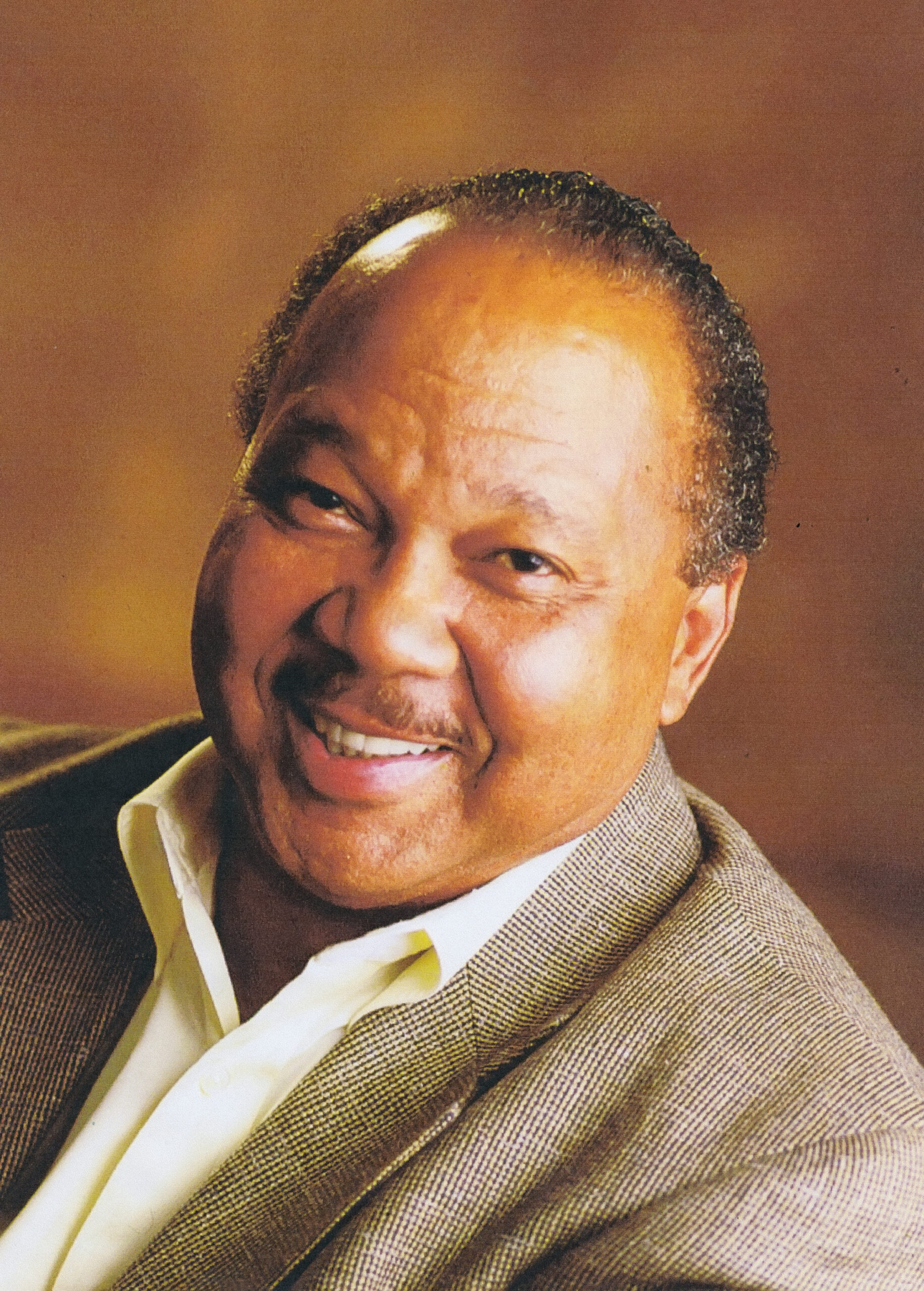
Roscoe Trimmier Jr.
A pioneering Ropes & Gray trial lawyer, he was also the namesake for the firm’s Roscoe Trimmier Jr. diversity scholarship program, which was created in his honor in 2015. A Vietnam veteran, Trimmier graduated from Harvard College and Harvard Law School. He was a committed backer of diversity and inclusion efforts at Boston’s largest firm.
During his lengthy tenure at Ropes & Gray, 1974 until his retirement in 2009, Mr. Trimmier served as chair of the litigation department and head of the environmental practice group. Known for taking young attorneys under his wing, he also served on the hiring and associates committees. The 45 and counting Trimmier Scholars underscore his legacy of helping to recruit and retain outstanding lawyers of underrepresented groups.
Conrad K. Harper
In 1974, when Conrad K. Harper was named partner at Simpson Thacher & Bartlett, he was one of only two African American partners at a major law firm in New York City. Beginning his career as an upstart attorney with the NAACP Legal Defense Fund, he would go on to steer several prominent civil rights cases, including Keyes v. School District No. 1 Denver, in which the United States Supreme Court ruled on school segregation not ordered by law, for the first time. Firsts were nothing new to Mr. Harper, who also served as the first African American member of the Harvard Corporation, the governing body of Harvard University.

Mr. Harper concentrated on product liability, securities, environmental law, and civil rights. Now retired from the venerable Simpson Thacher & Bartlett, Harper, at one point, served as president of the New York City Bar Association and an emeritus member of the Council of the American Law Institute. He was also a U.S. Department of State Legal Adviser from 1993 to 1996. He represented diverse clients such as Paramount Pictures, General Motors, Christie’s International, and Universal Pictures in his varied litigation practice.
Ethnic Diversity in Law at a Standstill
According to the 2023 NALP Report on Diversity at U.S. Law Firms, growth for black lawyers has been uneven at best. On the one hand, Black associates saw the most significant year-over-year rise in representation, increasing by nearly 0.6 percentage points to 5.77% of all associates in 2022. But at the higher levels, the percentage of Black partners increased by just 0.1 percentage points overall, from 2.22% of all partners in 2021 to 2.32% in 2022. These metrics are not in step with contemporary society, and improving them should be a moral imperative and a strategic one. Studies have shown that diverse attorney teams fare better with juries and are more attractive to prospective clients. Firm leadership need only look to the towering resumes of the names sourced for this article to see the benefits of inclusion.
The significance of diversity in Big Law cannot be overstated. As our society evolves, so must our legal institutions, and fostering diversity within law firms is pivotal to that progression. A diverse workforce reflects a commitment to equality and inclusivity. It brings a wealth of perspectives, experiences, and talents that can enhance decision-making, creativity, and problem-solving. Building a diverse firm is not just a moral imperative but a strategic necessity for sustained growth and stability in the competitive landscape of big law. Clients seeking legal services would look at firm profiles and select firms that better reflect the social landscape we are in. Additionally, by embracing diversity, law firms can cultivate a dynamic environment that attracts top talent and engenders innovation and resilience.
Firms can analyze their diversity score and benchmark against peer firms using Leopard BI and Firmscape. Learn more on how Leopard Solutions has continued to advocate for firm diversity here.
Posted on



